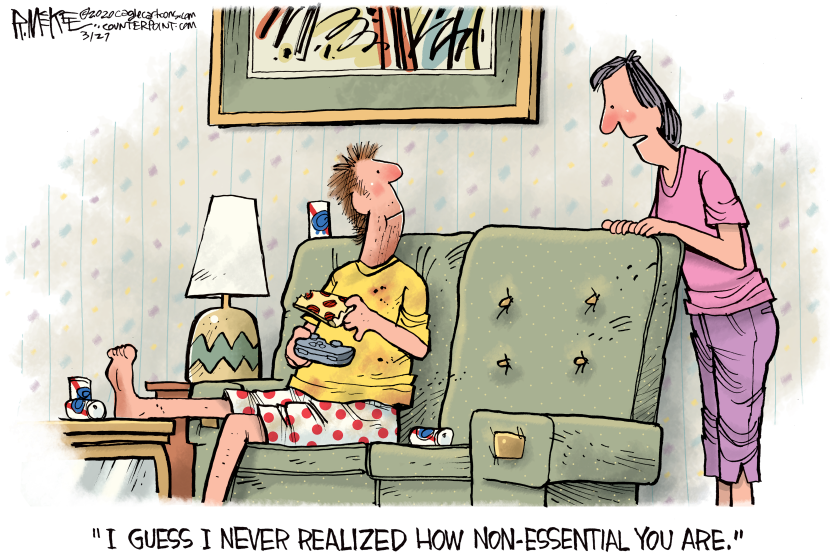
Subscribers Only Content
High resolution image downloads are available to subscribers only.
Not a subscriber? Try one of the following options:
OUR SERVICES PAY-PER-USE LICENSINGFREE TRIAL
Get A Free 30 Day Trial.
No Obligation. No Automatic Rebilling. No Risk.
When I was a junior at Penn State, I had a front-row seat when legendary singer-songwriter John Prine performed on campus.
If you aren’t familiar with Prine’s work, you aren’t alone. He’s often called the greatest singer and songwriter you’ve never heard of.
New York Times columnist Dan Barry explains that Prine is an “influential singer and songwriter with a gift for articulating moments almost beyond words. His songs have won the respect of Johnny Cash, Kris Kristofferson, Pink Floyd, the Library of Congress, you name it. One admirer, Bob Dylan, once described his canon as ‘pure Proustian existentialism’ and ‘Midwestern mind trips to the nth degree.’”
Prine’s apparently simple lyrics and melodies are chock-full of complexity and humanity – funny, thought-provoking, hauntingly poetic.
“Dear Abby,” the first Prine song I heard, made me laugh out loud. It’s about fretting over trivial matters:
“Dear Abby, Dear Abby,
My fountain pen leaks
My wife hollers at me and my kids are all freaks
Every side I get up on is the wrong side of bed
If it weren’t so expensive I’d wish I were dead
Signed Unhappy”
Prine responds to the complainer with hilarious common sense:
“Unhappy, Unhappy,
You have no complaint
You are what you are and you ain’t what you ain’t
So listen up buster, and listen up good
Stop wishing for bad luck and knocking on wood.”
“Sam Stone” is about a heroin-addicted Vietnam veteran who returns with a Purple Heart – and eventually dies from an overdose:
“There’s a hole in daddy’s arm where all the money goes …”
Prine said most Vietnam War songs at the time were about protest. He wanted to address returning vets’ struggles. “Sam Stone” remains regrettably relevant amid America’s opioid epidemic.
“Hello in There” is about a lonely elderly couple wishing their children would visit. It’s more powerful than ever as millions of elderly people self-isolate at home:
“So if you’re walking down the street sometime
And spot some hollow ancient eyes,
Please don’t just pass ’em by and stare
As if you didn’t care, say, ‘Hello in there, hello.’”
Right now, I’m appreciating Prine, who’s 73, more than ever – because he’s hospitalized in critical condition, another victim of COVID-19.
The past few weeks have been bizarre, surreal, with the pandemic playing out like a chintzy B-movie. I find myself wondering, “So this is what a pandemic is like?”
I’m comfortable at home all day. With 300 TV channels, the internet, phone, texting and a stocked pantry, I have everything I need.
My large extended family worries about its elderly members – we’re keeping our distance to keep them safe. All of us are well, though.
Still, the seriousness of this pandemic hasn’t quite sunk in yet. But it better. Dr. Anthony Fauci warns that the virus could claim up to 200,000 Americans.
But John Prine? No!
That makes this virus suddenly personal for me. Now I’m getting angry.
I pray we find a way to stop its spread – before it hurts my loved ones and close friends.
I pray for Prine, who’s already beaten cancer twice, to beat this thing.
God knows we need the healing power of Prine’s music right now. This horrible virus has no right trying to rob us of his much-needed beauty and humor when we need them most.
–
Copyright 2020 Tom Purcell. Tom Purcell, author of “Misadventures of a 1970’s Childhood,” a humorous memoir available at amazon.com, is a Pittsburgh Tribune-Review humor columnist and is nationally syndicated exclusively by Cagle Cartoons Inc. For info on using this column in your publication or website, contact [email protected] or call (805) 969-2829. Send comments to Tom at [email protected].